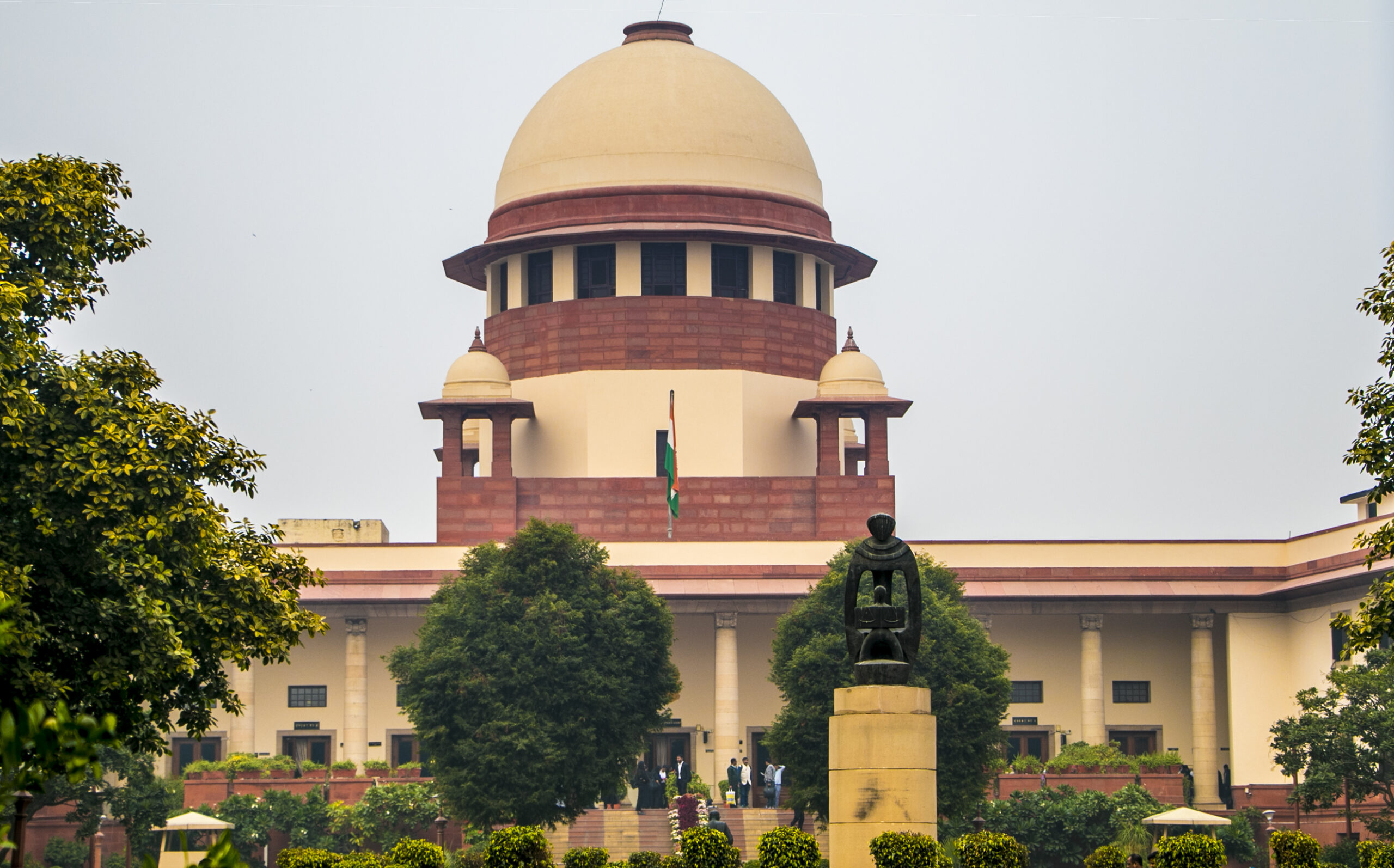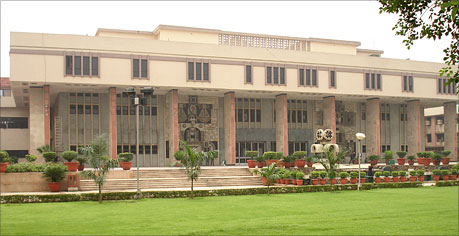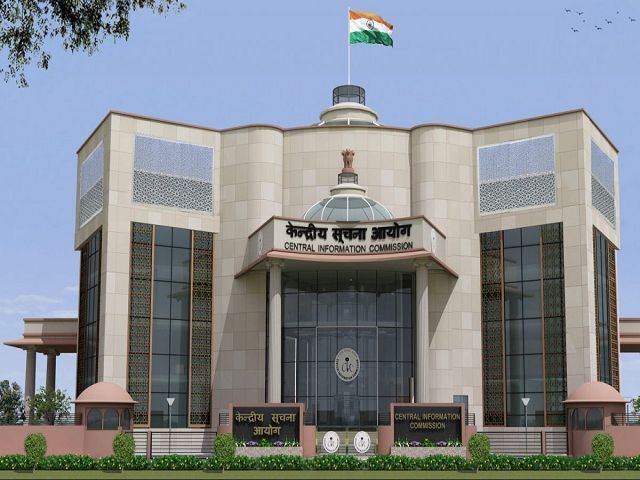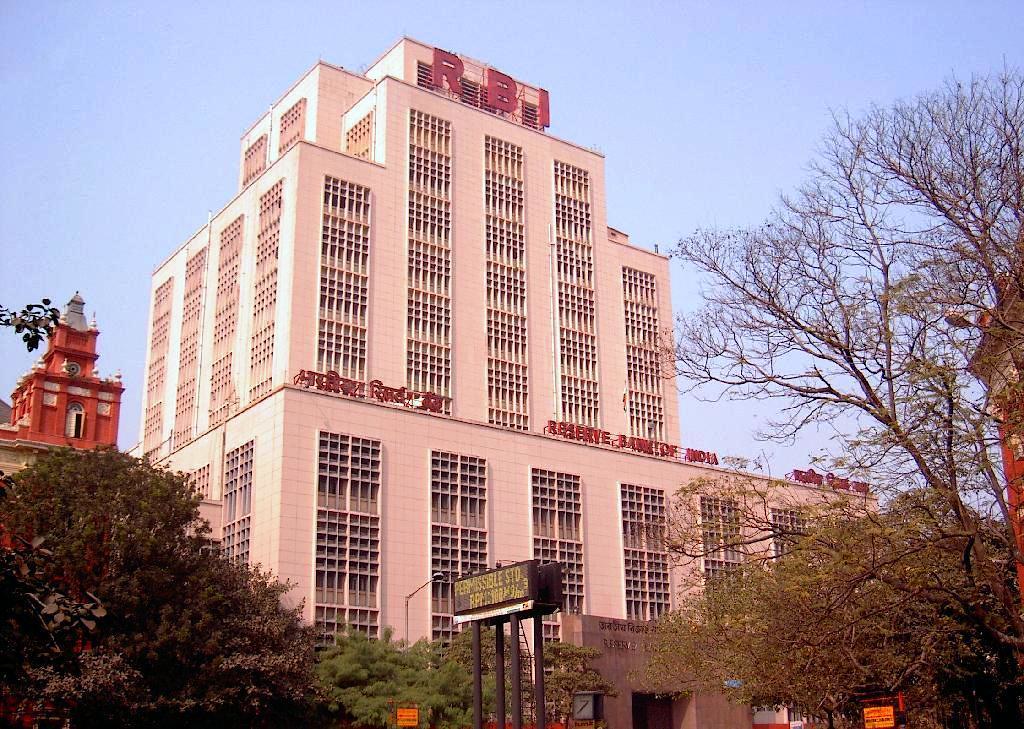Analysis
Right To Information (Court in Review)
The Right to Information (RTI) was recognised as a constitutionally protected right even prior to the RTI Act, 2005.
2002
Union of India v Association for Democratic Reforms
In the present case, the Court was considering the width and amplitude of the right to information about the candidates contesting elections to the Parliament or State Legislature in the context of the citizen’s right to vote. The Court in dealing with the issue at hand held that under the Indian Constitution, electors had a fundamental right to know the antecedents of candidates contesting elections to hold public office. The court read in ‘right to be informed’ as a right flowing from freedom of speech and expression. The Election Commission was directed to secure affidavits by candidates recording all particulars relating to past or pending criminal charges or cases against them. This included information as to whether the candidate was convicted/acquitted/discharged of any criminal offence in the past. Additionally, if convicted, the quantum of punishment that was awarded; and whether prior to six months of filing of nomination, the candidate was accused of an offence punishable with minimum two years of imprisonment. Since this judgment, the disclosures of criminal antecedents, educational qualifications and assets have been made mandatory under Representation of People’s Act, 1951 (RoPA).
2009
The CPIO, Supreme Court of India v Subhash Chandra Agarwal & Anr.
Pursuant to a Full Court meeting of the Supreme Court in 1997, a resolution was passed requiring that all Judges of the Supreme Court declare their assets to the Chief Justice of India. In 2009, activist Subhash Chandra Agarwal sought a copy of the aforesaid resolution from the Central Public Information Officer, Supreme Court of India (CPIO), nominated under the Right to Information Act, 2005 (RTI Act). He further sought details of the assets of the Chief Justices of the various High Courts. The request was denied by the CPIO pursuant to which Mr. Agawal approached the Central Information Commission (CIC), which directed the disclosure of information regarding the personal assets of Judges. The CIC order was challenged before the Delhi HC, which held that the Chief Justice of India (CJI) is a public authority who holds asset information in his capacity as CJI, a public office under the provisions of the RTI Act. Therefore, the information pertaining to declarations given to the CJI and the contents of such declaration are “information” as defined under the RTI Act and such information is not held by the office of the CJI in a fiduciary capacity. Therefore, pursuant to the 1997 resolution the declaration of assets by Judges are entitled to be treated as personal information, and may be accessed in accordance with the procedure prescribed under Section 8(1)(j) of the RTI Act.
2013
Subhash Chandra Agarwal v Indian National Congress & Ors.
In the given case, the complainants had approached the Central Information Commission (CIC) raising the issue of the disclosure of accounts and sources of funding of 6 leading political parties. The complainants had also sought for details of the promises made by the Bhartiya Janata Party (BJP) in their election manifesto and further details about how many of the promises were fulfilled. However, the parties denied the information sought for by the complainants on the ground that they were not public authorities. In a landmark verdict, the CIC held that the Indian National Congress, the BJP, left parties CPI(M) and CPI, the Nationalist Congress Party (NCP) and Bahujan Samaj Party (BSP) are public authorities and therefore fall within the purview of the Right to Information, Act 2005 (RTI Act). In particular, the role being played by these political parties in the democratic set up and the nature of duties performed by them also pointed towards their public character, bringing them within the ambit of section 2(h) of the RTI Act. The Full Bench of the CIC directed that the parties designate Chief Public Information Officers who would respond to the RTI requests made by the complainants, granting them 6 weeks time to do so.
2015
Reserve Bank of India v Jayantilal Mistry
The issue before the Court in this case was whether the Reserve Bank of India as well as other banks can deny information sought by the public on the ground of economic interest commercial confidence, fiduciary relationship with other Bank on the one hand and the public interest on the other, and if not, to what extent can information be provided by the banks under the right to Information Act, 2005? Answering the question in the negative, the Court held that the RBI was to act in the interest of the public at large for it is the statutory duty of the Reserve Bank to comply with the provisions of the Right to Information Act, 2005. The Court rejected the argument that information could be withheld in view of the fiduciary relationship with other banks and held that the RBI does not place itself in a fiduciary relationship with the Financial institutions because, the reports of the inspections, statements of the bank, information related to the business obtained by the RBI are not under the pretext of confidence or trust.
2019
Central Public Information Officer, Supreme Court of India v Subhash Chandra Agarwal
In November 2009, the Central Information Commission (CIC) ordered the Supreme Court of India to disclose information pertaining to the decision making process by the Supreme Court Collegium. The order was passed in response to a request made under the Right to Information Act, 2005 by activist Subhash Chandra Agarwal. The Commission ordered the Central Public Information Office (CPIO) of the Supreme Court to disclose correspondences between the Collegium and the government regarding, in particular, the appointment of HL Dattu, AK Ganguly and RM Lodha JJ so as to supersede the seniority of AP Shah, AK Patnaik and VK Gupta JJ. Though the operation of the order of the CIC was stayed by the Supreme Court in December 2009, the case was referred to a larger Bench in 2010 and was pending hearing until August 2017 when a 3 Judge Bench referred the same to a 5 Judge Constitution Bench which recently heard arguments in the case and reserved the same for judgment.




